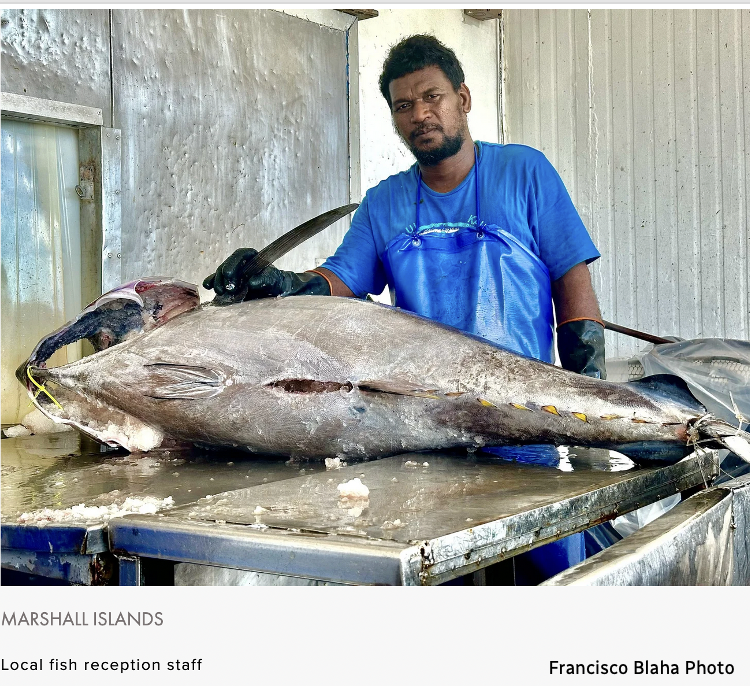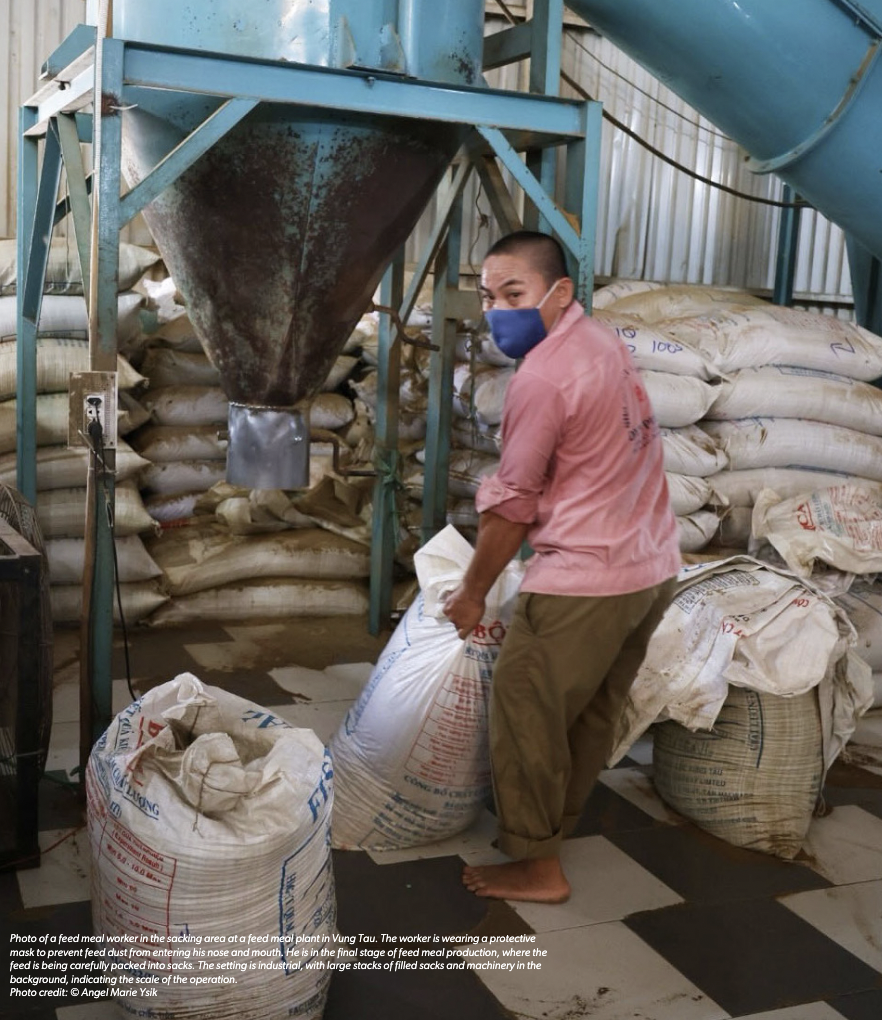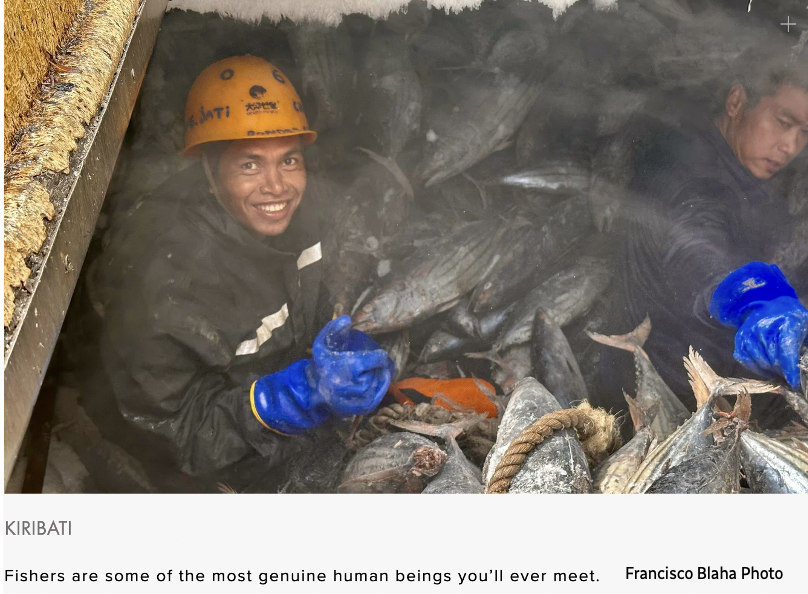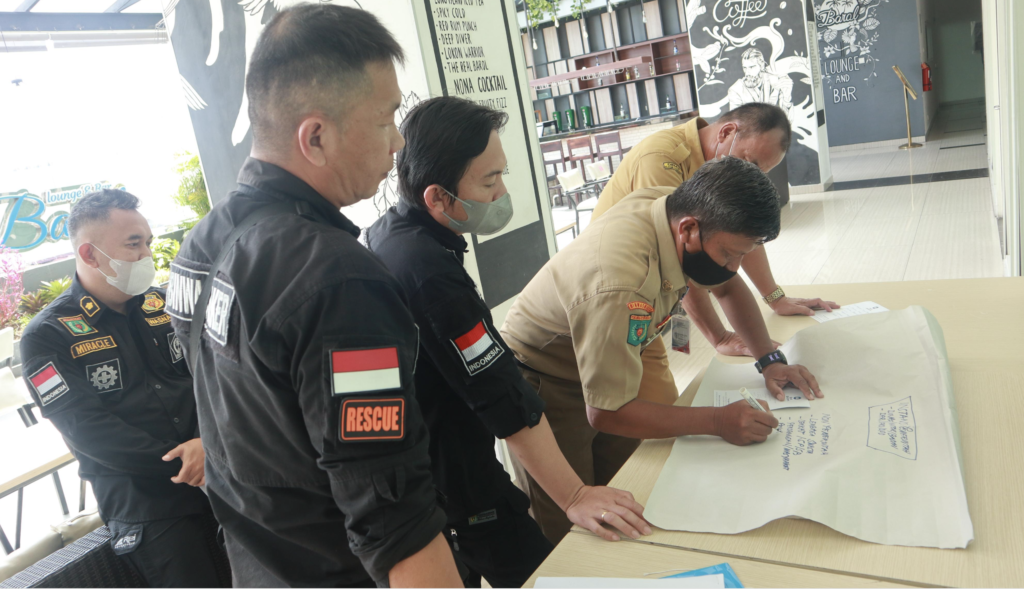
We prepare rigorous economic and environmental planning on critical matters of land and water.
Founded in 2012 and based in Honolulu, the Sustainability Incubator is a trusted and independent source of forward-shifting land and water use decisions. It’s reflected in the decisions and actions taken by our recent clients: ASEAN, US seafood industry, governments of Indonesia, the Philippines and Fiji, Freedom Fund and Humanity United, IOM, FAO, GLOBEFISH and the Hawaii Seafood Council.
Our expertise is helping solve problems with scientific research, planning, training and engagement.
We believe that land and water use decisions form the backbone of a society. We bring unity, durability and momentum.

Building Respect for Food & People
Ocean Policy
In 2025 we assisted the Association of Southeast Asian Nations (ASEAN) to update a significant area of ocean policy that left millions of ASEAN citizens out. We edited the Guidelines on the Placement and Protection of Migrant Fishers, completed a major review of the 11 members’ fishing, labor, and OSH laws — that involved primary research with authorities and labor and industry organizations in each country, and we set out a practical pathway for ocean policy to adapt.
Fishery Improvement Projects
Since its founding in 2012, the Sustainability Incubator has been the industry leader in Fishery Improvement Projects, where seafood suppliers invest in fisheries sustainability as part of a sales access agreement with supermarkets. We have supported fishing companies implement over 30 projects worldwide since for tuna, swordfish, crab, scallops, snappers and other seafoods. Our clients currently are SYM PAC International, Fong Hsiang Enterprises and Sprouts Farmers Market. We’re known for pragmatic arrangements backed by industry and community strength.
Looking Closer at Supermarket Shrimp & Tuna — Post-Pandemic
How are shrimp and tuna being made today – the two seafoods we eat most? In 2023 and 2024, we looked at the whole picture and its smallest details to understand who is winning and losing on the post-pandemic price chaos, when consumer prices started skyrocketing while producer prices went into free-fall, starting in mid-2022. What explained the large and growing price gap? Demand had recovered, oversupplies had been consumed, so why weren’t prices following economic rules?

Supermarket Shrimp: Results & Press
To understand the picture for shrimp, we collected prices, costs, earnings and interviews from over 500 shrimp producers and workers across Asia by partnering with Viet Nam, Indonesia and India organizations. We tracked supermarket shrimp imports.
Press
- National Public Radio, September 28, 2025:Trump’s tariffs are hurting India’s shrimp industry.
- Associated Press: As big supermarkets pursue profits, new research shows growing exploitation of shrimp farmers
- Associated Press: Takeaways from AP’s report on how shrimp farmers are exploited as supermarkets push for low prices
- AP’s coverage was picked up by newspapers worldwide, including the Washington Post, Jakarta Globe, Business Enquirer, Yomiuri Shimbun-The Japan News, NBC, ABC, Fox and CBS News: Shrimp farmers in Asia exploited by U.S. supermarkets for big profits, research finds
- SeafoodSource 9/24: Investigation finds increasing labor exploitation in Vietnam’s shrimp industry as prices drop
- Undercurrent News 9/24: Asian shrimp farmers pay price of Western supermarkets chasing higher profits, new research shows‘
The Viet Nam report initiated a dialogue with the government of Viet Nam that led to the addition of new information provided by the Vietnam Association of Seafood Exporters and Producers (VASEP). The report was updated on September 12, 2024.
Questions about the shrimp reports? Please contact us at The.Sustainability.Incubator@gmail.com.

Supermarket Tuna: Results & Press
To understand how tuna today, we looked at what their ecolabel, the Marine Stewardship Council, said about how its being made and compared that to the information actually available to the ecolabel. All major supermarkets repeat what the ecolabel says about tuna to us, the eaters, and to governments to influence policy.
Is tuna ecolabeling causing fishers more harm than good?
Published by Nature Ocean Sustainability
Press
- Financial Times (UK), November 20, 2025: The dark truth behind supermarket tuna.
- Oceana’s Press Release
- International Trade Federation’s Press Release
- Global Labor Justice’s Press Release
- Greenpeace Press Release
- Un-romancing the Ecolabel, Fishy Work Podcast (November 2024).
The article, database and footnotes can be found here and here.
Questions about this report? Please contact us at The.Sustainability.Incubator@gmail.com.

Adapting Policy & Adding Capacity
Together with governments, industry and civil society organizations we prepared, piloted, set into policy and implemented decent work in fishing.
They include 6 experiential training packages for industry in Thailand’s and Indonesia’s fisheries, aquaculture and seafood processing sectors.
IOM-Training-Manual-for-Fishing-and-Seafood-Enterprises_Thailand-FinalDownload
IOM-Training-Manual-for-Fishing-and-Seafood-Enterprises-Indonesia-FinalDownload
We produced experiential and interdisciplinary training, coordination and referral packages for Manado, Bitung and Tegal ports in Indonesia and General Santos City, the Philippines that were implemented jointly and taken up into mandate by labor, fisheries, Coast Guard, health and safety and the courts. Very quickly, the General Santos coordination tree was used to apprehend traffickers and rescue 13 young female victims at the airport.
SAFE-Seas-Training-Manual-for-Port-Inspectors_PhilippinesDownload
SAFE-Seas-Training-Manual-for-Port-Inspectors_IndonesiaDownload

Through research and engagement including workshops in Brussels and Shanghai we authored the Social Responsibility Guidelines for the Fisheries and Aquaculture sectors for the UN Food and Agriculture Organization for reference and use worldwide.
We tracked supply chain and risks to prepare Estimates of illegal and unreported fish in seafood imports to the USA and the work was cited by a US Presidential Task Force, NOAA, and by federal court as strong evidence for a policy shift, leading to the US Seafood Imports Monitoring Program.
Contact us at the.sustainability.incubator@gmail.com. Mahalo.